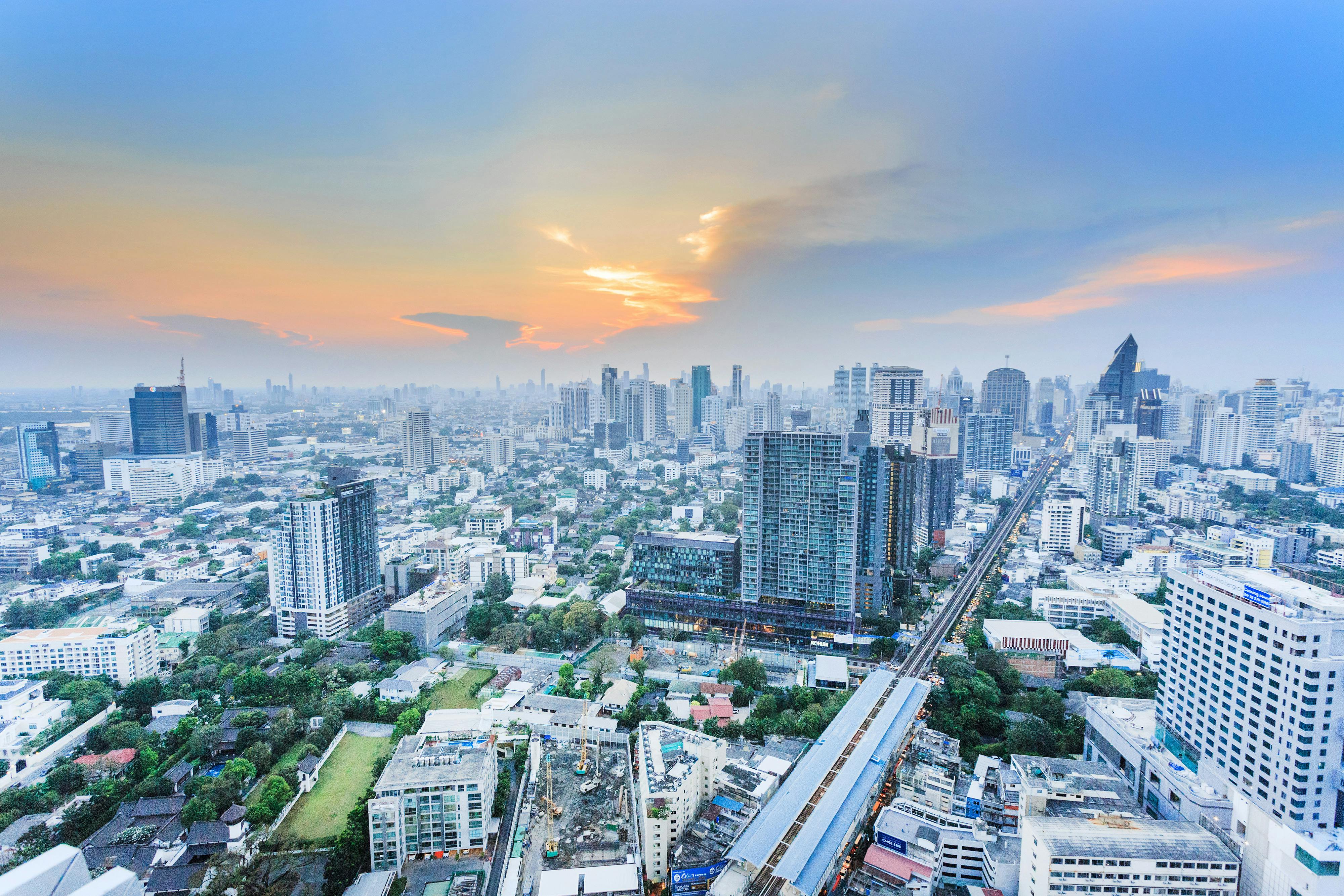Reducing Carbon Footprint Through Renewable Innovation
At Meranti Green Steel, we are committed to dramatically lowering the environmental impact of steel production. Our process reduces carbon emissions by up to 70% compared to traditional methods, with a clear pathway to achieving a 90% reduction over time.
In Oman, abundant solar and wind energy will be used to produce green hydrogen for the direct reduction of iron (DRI), converting iron ore into Hot Briquetted Iron (HBI) for shipment to Thailand. In addition, the region will utilize natural gas and blue hydrogen—hydrogen derived from natural gas with integrated carbon capture and storage (CCS)—to further support sustainable steel production.
In Thailand, our operations will rely primarily on renewable energy sources such as solar and wind to power our Electric Arc Furnace (EAF) technology. These locally available resources not only support carbon reduction but also contribute to national energy security by reducing reliance on imported fuels.
By integrating renewable energy and advanced technologies across our operations, we are helping to build a cleaner, more responsible steel industry.
Community Protection
How do we manage our local emissions?
Supply Chain
At Meranti Green Steel, our core values guide every decision we make, and sustainability is at the center. From raw material sourcing to delivery, we are rethinking how steel is made. That means lowering emissions, improving efficiency with smart technology, adopting greener transport solutions, and building a responsible supply chain.
Sustainable Procurement
We are committed to creating a supply chain that is responsible, resilient, and transparent—aligned with our sustainability vision and grounded in shared environmental values. Our approach supports continuous innovation in green technologies and helps contribute to Thailand’s carbon neutrality goals.
Green Logistics
We’re building a logistics system with carbon reduction in mind. Our plan starts with electric trucks for short distances and grows as battery technology and charging infrastructure improves. This step is part of our larger strategy to cut emissions across all our operations.
Our key focus areas:
Working with ESG-aligned suppliers to ensure responsible sourcing and ethical business practices
Prioritizing local and regional sourcing to strengthen resilience and support local economies
Tracking Scope 3 emissions across materials and logistics, with clear reporting and accountability
Building long-term partnerships with suppliers who share our environmental and social commitments
Aligning with national sustainability targets and global best practices in responsible sourcing













